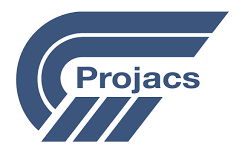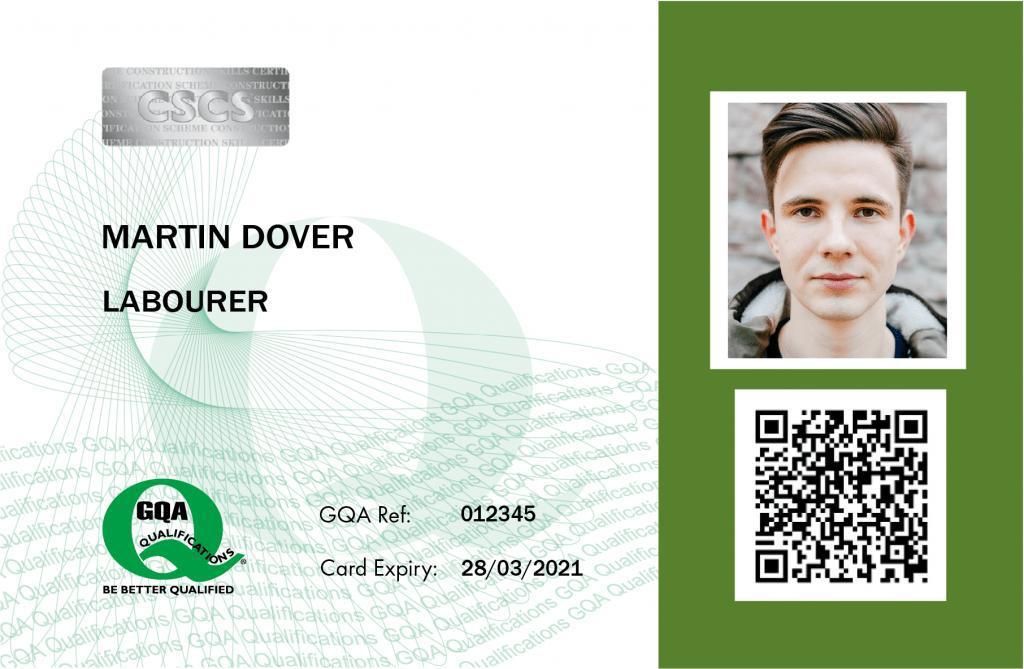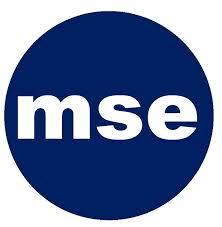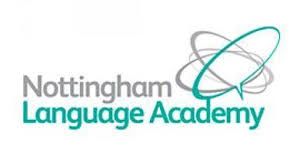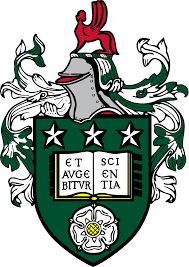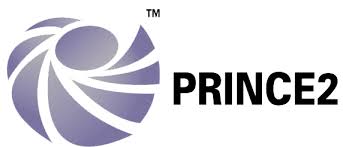
Introduction to Coaching and Mentoring
Course ID: 2510200101227ESH
Course Dates : 20/10/25 Course Duration : 5 Studying Day/s Course Location: London, UK
Language: Bilingual
Course Category: Professional and CPD Training Programs
Course Subcategories: Operations and Process Excellence
Course Certified By: ESHub CPD & LondonUni - Executive Management Training
* Professional Training and CPD Programs
Leading to:
Executive Diploma Certificate
Leading to:
Executive Mini Masters Certificate
Leading to
Executive Masters Certificate
Certification Will Be Issued From :
From London, United Kingdom
Course Fees: £5,120.30
Vat Not Included in the price. VAT may vary depending on the country where the course or workshop is held.
Click to Pay
Date has passed please contact us Sales@e-s-hub.com
Course Information
Introduction
Coaching and mentoring have become indispensable tools in fostering individual growth, team cohesion, and organizational success. These practices transcend industries, offering structured approaches to enhance performance, nurture potential, and address specific developmental needs. Whether applied in corporate settings, educational institutions, or community organizations, coaching and mentoring create environments where individuals can thrive. The demand for skilled practitioners in these areas has surged as organizations recognize the critical role of human capital in achieving strategic objectives.
Despite their growing popularity, many professionals struggle to differentiate between coaching and mentoring or apply these methodologies effectively. A common challenge lies in understanding the nuanced frameworks that govern each practice. For instance, while coaching often focuses on goal-oriented conversations guided by models like GROW (Goal, Reality, Options, Will), mentoring emphasizes long-term relationship-building and knowledge transfer. Misalignment between expectations and outcomes frequently arises when these distinctions are not clearly understood or implemented. This course addresses such gaps by equipping participants with a comprehensive toolkit to navigate both disciplines confidently.
The benefits of mastering coaching and mentoring extend beyond personal development. Organizations that invest in these practices report higher employee engagement, improved retention rates, and enhanced leadership pipelines. Consider the example of Google’s "Project Oxygen," which identified coaching as one of the top behaviors exhibited by effective managers. By embedding coaching into managerial practices, the company achieved measurable improvements in team productivity and satisfaction. Similarly, mentoring programs have been instrumental in driving diversity and inclusion initiatives, as seen in Deloitte’s award-winning mentorship framework designed to support women and minority professionals.
This course draws upon established theories and frameworks to provide a robust foundation for learning. Participants will explore transformative models such as John Whitmore’s principles of coaching, Daniel Goleman’s emotional intelligence framework, and David Clutterbuck’s insights into mentoring dynamics. Industry trends further underscore the relevance of these practices; according to a 2023 report by the International Coach Federation (ICF), the global coaching market is projected to grow by 15% annually, reflecting increasing demand for certified practitioners. Such data highlights the importance of staying abreast of evolving best practices.
Real-world applications abound, illustrating the versatility of coaching and mentoring. Take, for example, a sales manager who uses motivational interviewing techniques—a cornerstone of coaching—to help underperforming team members identify obstacles and devise actionable solutions. Or consider an experienced engineer mentoring a junior colleague through complex project challenges, ensuring continuity and innovation within the organization. These scenarios demonstrate how coaching and mentoring serve as catalysts for problem-solving, skill acquisition, and cultural alignment.
Ultimately, this course offers participants the opportunity to become agents of change within their professional spheres. By blending theoretical rigor with practical application, it empowers learners to foster meaningful connections, drive sustainable growth, and contribute to a culture of continuous improvement. Whether you are new to the field or seeking to refine your expertise, this program provides the insights and tools necessary to excel in coaching and mentoring roles.
Objectives
By attending this course, participants will be able to:
Define the core principles and distinctions between coaching and mentoring, supported by relevant frameworks and case studies.
Analyze the impact of emotional intelligence and communication skills on effective coaching and mentoring relationships.
Design personalized coaching plans using structured models such as GROW and SMART goals.
Evaluate the ethical considerations and compliance requirements inherent in coaching and mentoring practices.
Implement mentoring strategies to support diversity, equity, and inclusion initiatives within organizations.
Apply active listening and questioning techniques to facilitate productive coaching conversations.
Assess the effectiveness of coaching and mentoring interventions through feedback mechanisms and outcome metrics.
Who Should Attend?
This course is ideal for:
HR managers and talent development specialists responsible for implementing employee growth programs.
Team leaders and supervisors looking to enhance their leadership capabilities and support team performance.
Consultants and trainers seeking to expand their service offerings with coaching and mentoring expertise.
Educators and career advisors aiming to guide students or clients toward personal and professional success.
These groups will find the course valuable due to its focus on practical tools and strategies that address real-world challenges. While prior experience in coaching or mentoring is beneficial, the course is designed to accommodate beginners and intermediate learners alike, providing foundational knowledge alongside advanced techniques.
Training Method
• Pre-assessment
• Live group instruction
• Use of real-world examples, case studies and exercises
• Interactive participation and discussion
• Power point presentation, LCD and flip chart
• Group activities and tests
• Each participant receives a 7” Tablet containing a copy of the presentation, slides and handouts
• Post-assessment
Program Support
This program is supported by:
* Interactive discussions
* Role-play
* Case studies and highlight the techniques available to the participants.
Daily Agenda
Daily Schedule (Monday to Friday)
- 09:00 AM – 10:30 AM Technical Session 1
- 10:30 AM – 12:00 PM Technical Session 2
- 12:00 PM – 01:00 PM Technical Session 3
- 01:00 PM – 02:00 PM Lunch Break (If Applicable)
- Participants are expected to engage in guided self-study, reading, or personal reflection on the day’s content. This contributes toward the CPD accreditation and deepens conceptual understanding.
- 02:00 PM – 04:00 PM Self-Study & Reflection
Please Note:
- All training sessions are conducted from Monday to Friday, following the standard working week observed in the United Kingdom and European Union. Saturday and Sunday are official weekends and are not counted as part of the course duration.
- Coffee and refreshments are available on a floating basis throughout the morning. Participants may help themselves at their convenience to ensure an uninterrupted learning experience Provided if applicable and subject to course delivery arrangements.
- Lunch Provided if applicable and subject to course delivery arrangements.
Course Outlines
Foundations of Coaching and Mentoring
Key definitions and distinctions between coaching and mentoring.
Overview of prominent coaching models (e.g., GROW, OSKAR).
Introduction to mentoring frameworks and their applications.
Ethical guidelines and confidentiality protocols.
Day 2:
Emotional Intelligence and Communication Skills
Understanding emotional intelligence and its role in building rapport.
Techniques for active listening and empathetic communication.
Crafting powerful questions to stimulate reflection and insight.
Non-verbal cues and body language in coaching/mentoring sessions.
Day 3:
Designing Effective Coaching Plans
Setting SMART goals and aligning them with organizational objectives.
Using assessment tools to identify strengths and areas for improvement.
Developing action plans based on client needs and aspirations.
Monitoring progress and adjusting strategies dynamically.
Day 4:
Mentoring for Diversity and Inclusion
The role of mentoring in promoting workplace diversity.
Strategies for creating inclusive mentoring partnerships.
Addressing unconscious bias in mentoring relationships.
Case study analysis: Successful diversity-focused mentoring programs.
Day 5:
Evaluation and Continuous Improvement
Methods for gathering feedback from coachees and mentees.
Metrics for assessing the impact of coaching and mentoring initiatives.
Reflective practice and self-assessment for practitioners.
Trends shaping the future of coaching and mentoring globally.







